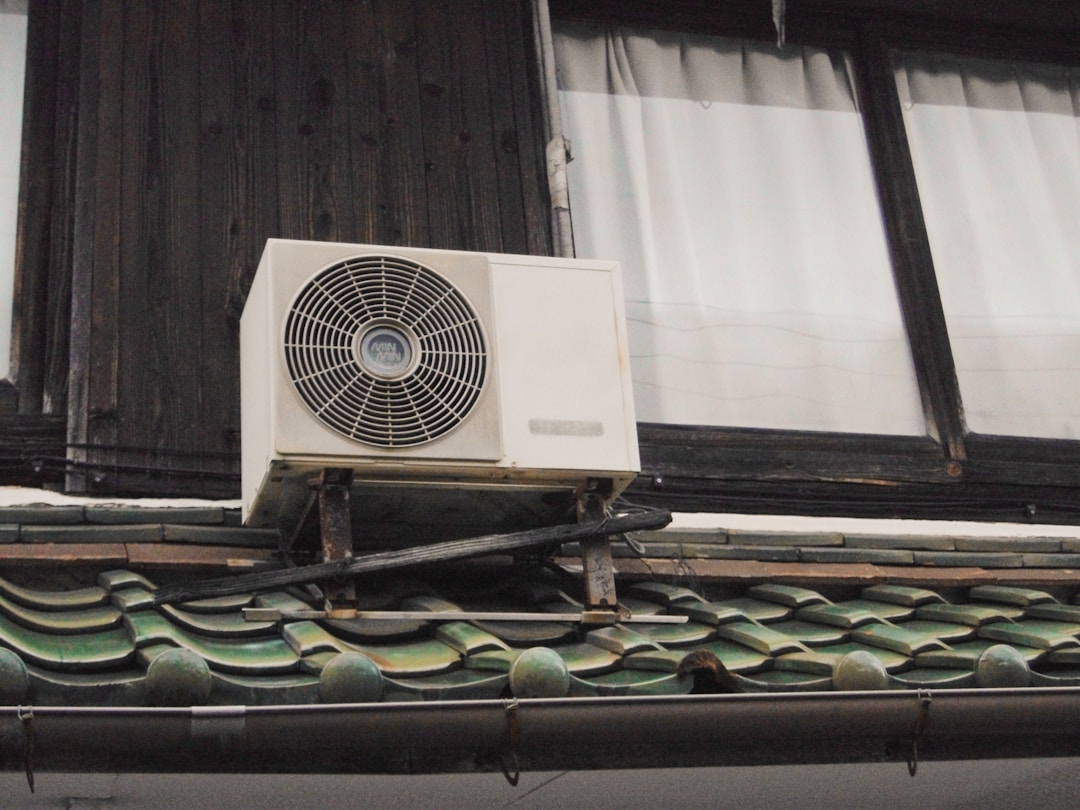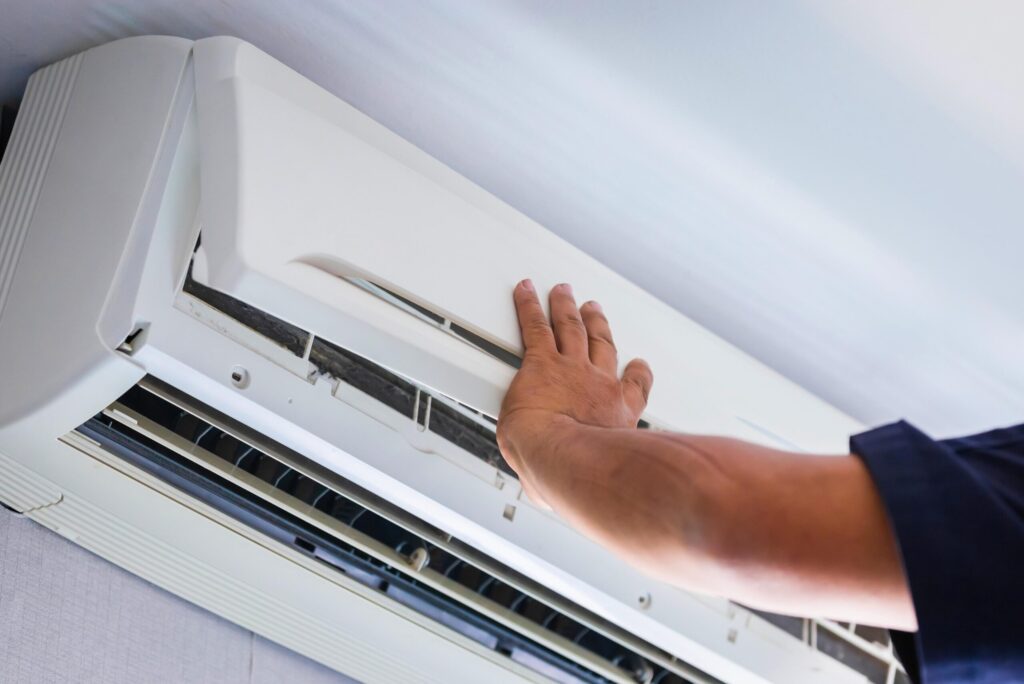Indoor air quality is a critical aspect of maintaining a healthy lifestyle, especially for those who suffer from allergies. Poor air quality can lead to respiratory issues, allergic reactions, and a general decline in overall health. By ensuring that your air conditioning system operates efficiently, you can improve the quality of air in your home and reduce allergy symptoms. In this article, we will discuss how to purify your home’s air through AC repair and maintenance, tips for maintaining indoor air quality, and the benefits of installing a high-quality air filtration system.
Importance of Proper AC Repair and Maintenance

Regular AC repair and maintenance ensures that your air conditioning system operates efficiently, providing clean, fresh air to your living space. A poorly maintained AC system can become a breeding ground for allergens such as dust, pollen, and mold, leading to poor indoor air quality and increasing the risk of allergy flare-ups. An experienced professional, such as those at ACR Air Conditioning & Refrigeration, can identify any existing issues and conduct necessary repairs, helping to prevent future problems and prolong the life of your system.
AC repair and maintenance tasks include cleaning or replacing air filters, ensuring that the evaporator and condenser coils are clean and functioning properly, checking for refrigerant leaks, and inspecting the condition of the system. Regularly scheduled maintenance can noticeably improve the quality of the air in your home, reducing the presence of allergens and maintaining a comfortable environment for allergy sufferers. In addition to AC repair and maintenance, homeowners should also consider the benefits of installing an air filtration system to further improve indoor air quality.
Proactive Tips for Maintaining Indoor Air Quality
Maintaining indoor air quality is crucial for allergy sufferers, as allergen-filled air can exacerbate symptoms and negatively impact your health. Regular AC repair and maintenance is just one aspect of improving air quality; there are additional steps you can take to keep your indoor environment clean and allergen-free. Begin by eliminating sources of pollution and allergens, such as pet dander, pollen, and dust mites, by regularly cleaning and vacuuming your home. Using a vacuum cleaner equipped with a HEPA filter is particularly effective in capturing and removing allergens from your living space.
Other strategies for maintaining indoor air quality include reducing humidity levels with a dehumidifier or air conditioner, as excess moisture can contribute to mold growth and other allergenic substances. Beyond that, ensure that your home is well-ventilated, with fresh outdoor air circulating to dilute indoor air pollutants. Installing exhaust fans in bathrooms, laundry rooms, and kitchens can also help to remove allergens and improve air quality.
Benefits of an Air Filtration System

Installing a high-quality air filtration system can meaningfully improve the air quality in your home, making it a worthwhile investment for allergy sufferers. Air filtration systems work by capturing and removing airborne particles, such as dust, mold, pollen, and pet dander, thus reducing allergen exposure. In turn, this can lead to fewer allergy symptoms and an improvement in health and well-being.
A variety of air filtration systems are available on the market, each with its specific benefits. High-Efficiency Particulate Air (HEPA) filters, for example, can capture up to 99.97 percent of airborne particles measuring 0.3 microns or larger, making them an excellent option for allergy sufferers. Other options include ultraviolet (UV) air purifiers, which use UV light to kill mold and bacteria and activated
Ensuring that your air conditioning system is well-maintained and functioning properly is needed for maintaining clean air in your home and minimizing allergy symptoms. Regular AC repair and maintenance, proactive measures such as regular cleaning and proper ventilation, and installing a high-quality air filtration system can all contribute to improved indoor air quality and a healthier living environment. As you can see, taking these steps to improve indoor air quality can provide significant benefits for allergy sufferers and lead to a healthier, more comfortable home environment.


